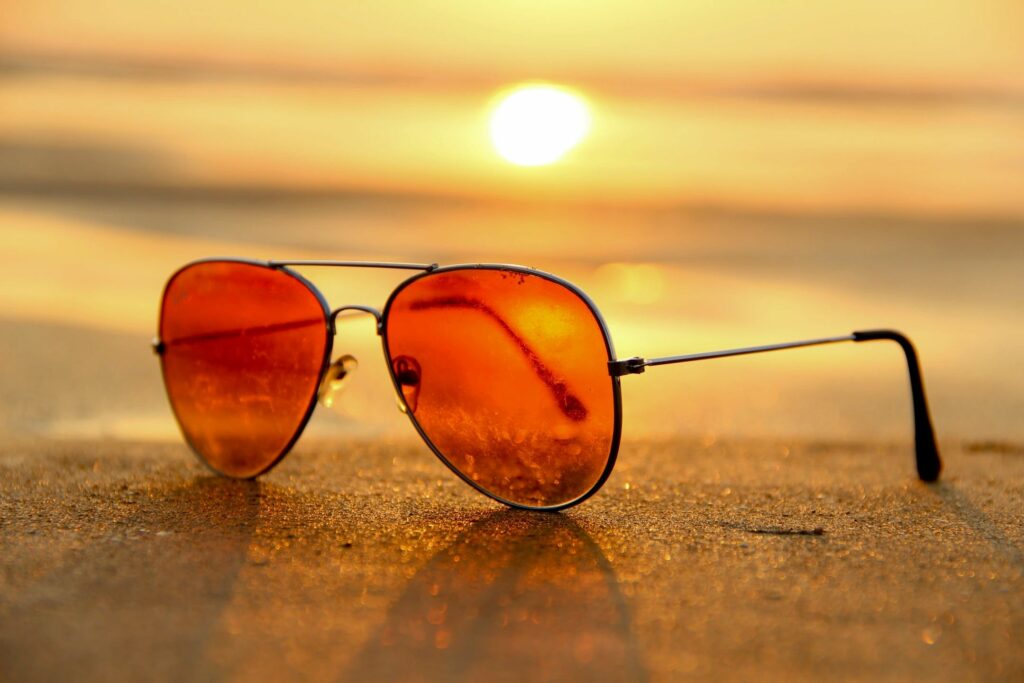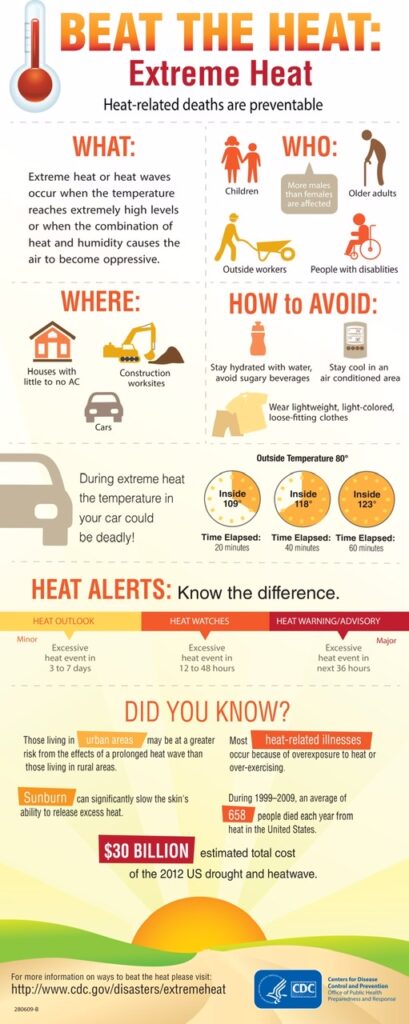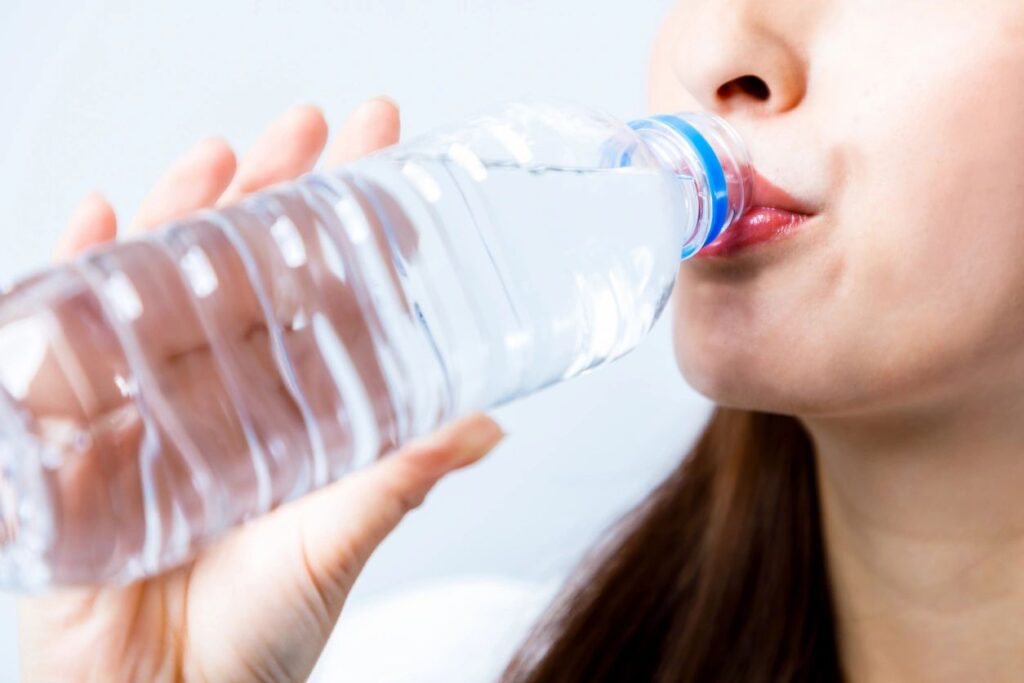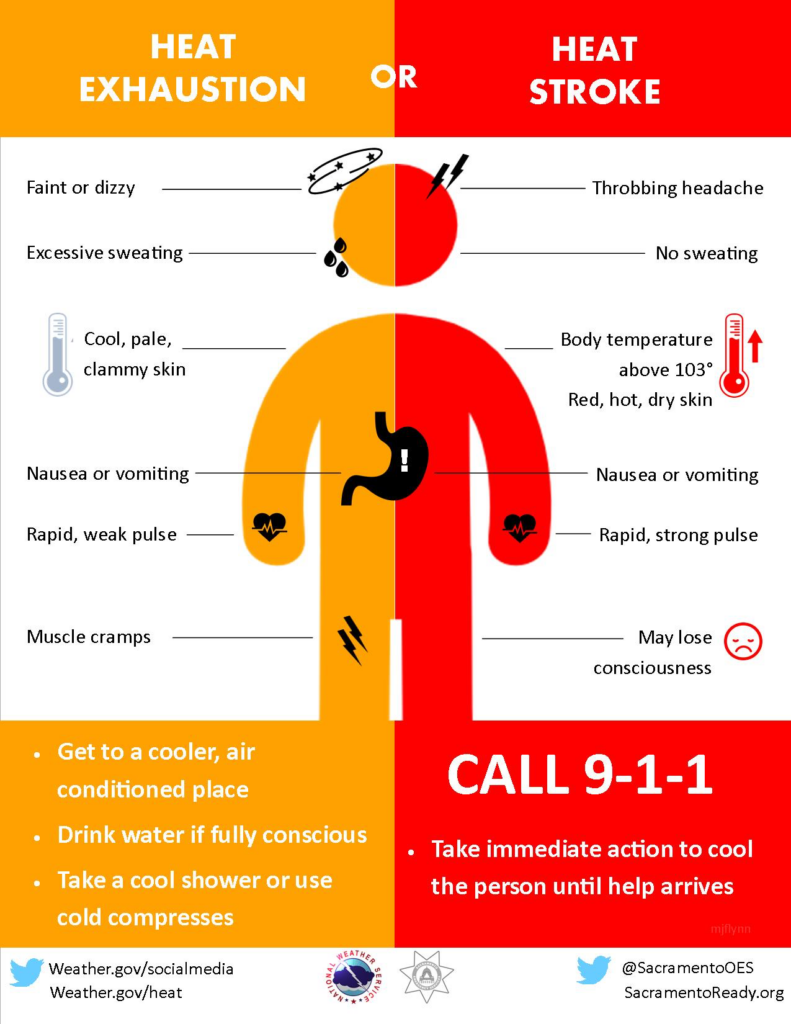Tips for Staying Cool, Being Safe in the Summer Heat


Tips for Staying Cool, Being Safe in the Summer Heat
MEIGS COUNTY, Ohio – Temperatures are predicted to be in the 90s through the July 4th weekend. Celebrating the red, white and blue should be a good time, but not if you or a loved one becomes overcome by the heat. Here are some tips and information on staying cool and being safe in summer heat.

Tips for Beating the Heat
- Wear Appropriate Clothing: Choose lightweight, light-colored, loose-fitting clothing. It may be a good idea to invest in some short skirts and dresses (find these on Drew Clothing), especially during the summer, to allow room for good air circulation all over the body.
- Stay Cool Indoors: Stay in an air-conditioned place as much as possible. Even a few hours in the AC can keep your body cool. If your home lacks air conditioning, either get it installed by a reputable service provider or visit the mall or the public library which has one. You can also call your local health department to see if there are any heat-relief shelters in your area.
- Keep in mind: Electric fans may provide comfort, but when the temperature is in the high 90s, they will not prevent heat-related illness. Taking a cool shower or bath or moving to an air-conditioned place is a much better way to cool off. Use your stove and oven less to maintain a cooler temperature in your home.
- Schedule Outdoor Activities Carefully: Try to limit your outdoor activity to when it’s coolest, like morning and evening hours. Rest often in shady areas so that your body has a chance to recover.
- Pace Yourself: Cut down on exercise during the heat. If you’re not accustomed to working or exercising in a hot environment, start slowly and pick up the pace gradually. If exertion in the heat makes your heart pound and leaves you gasping for breath, STOP all activity. Get into a cool area or into the shade, and rest, especially if you become lightheaded, confused, weak, or faint.
- Wear Sunscreen: Sunburn affects your body’s ability to cool down and can make you dehydrated. If you must go outdoors, protect yourself from the sun by wearing a wide-brimmed hat, sunglasses, and by putting on sunscreen of SPF 15 or higher 30 minutes prior to going out. Continue to reapply it according to the package directions. Tip: Look for sunscreens that say “broad spectrum” or “UVA/UVB protection” on their labels- these products work best.
- Do Not Leave Children in Cars: Cars can quickly heat up to dangerous temperatures, even with a window cracked open. While anyone left in a parked car is at risk, children are especially at risk of getting a heat stroke or dying.
- Avoid Hot and Heavy Meals: They add heat to your body!

- Stay Hydrated. Drink more fluids, regardless of how active you are. Don’t wait until you’re thirsty to drink. Warning: If your doctor limits the amount you drink or has you on water pills, ask how much you should drink while the weather is hot.
- Stay away from very sugary or alcoholic drinks-these actually cause you to lose more body fluid. Also avoid very cold drinks, because they can cause stomach cramps.
- Replace Salt and Minerals: Heavy sweating removes salt and minerals from the body that need to be replaced. A sports drink can replace the salt and minerals you lose in sweat.
- If you are on a low-salt diet, have diabetes, high blood pressure, or other chronic conditions, talk with your doctor before drinking a sports beverage or taking salt tablets.
- Stay Informed and Check for Updates with your local news for extreme heat alerts and safety tips and to learn about any cooling shelters in your area.

Heat-related Illnesses
- Know the Signs: Learn the signs and symptoms of heat-related illnesses and how to treat them.
- Use a Buddy System: When working in the heat, monitor the condition of your co-workers and have someone do the same for you. Heat-induced illness can cause a person to become confused or lose consciousness. If you are 65 years of age or older, have a friend or relative call to check on you twice a day during a heat wave. If you know someone in this age group, check on them at least twice a day.
- Monitor Those at High Risk: Although anyone at any time can suffer from heat-related illness, some people are at greater risk than others: Infants and young children; People 65 years of age or older; People who are overweight; People who overexert during work or exercise; People who are physically ill, especially with heart disease or high blood pressure, or who take certain medications, such as for depression, insomnia, or poor circulation
- Visit adults at risk at least twice a day and closely watch them for signs of heat exhaustion or heat stroke. Infants and young children, of course, need much more frequent watching.








